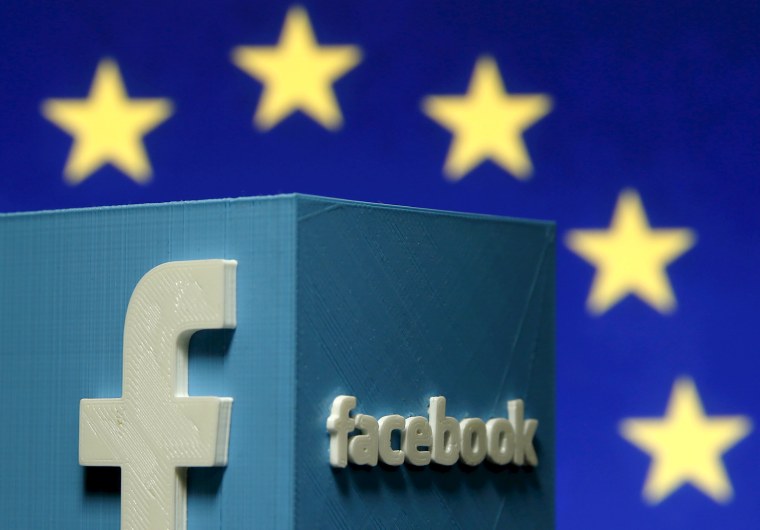LUXEMBOURG — The European Union's highest court ruled Tuesday in favor of an Austrian law student who claims a trans-Atlantic data protection agreement doesn't adequately protect consumers, a verdict that could have far-reaching implications for tech companies doing business in Europe.

Max Schrems launched the case following revelations two years ago by former National Security Agency contractor Edward Snowden about the NSA's surveillance programs.
Schrems complained to the data protection commissioner in Ireland, where Facebook has its European headquarters, that U.S. law doesn't offer sufficient protection against surveillance of data transferred by the social media company to servers in the United States.
Irish authorities initially rejected his complaint, pointing to a 2000 decision by the EU's executive Commission that, under the so-called "safe harbor" agreement, the U.S. ensures adequate data protection.
The agreement has allowed for the free transfer of information by companies from the EU to U.S. It has been seen as a boost to trade since, absent such a deal, swift and smooth data exchange over the Internet would be much more difficult.
"This decision is a major blow for U.S. global surveillance that heavily relies on private partners"
Without "safe harbor," personal data transfers are forbidden, or only allowed via costlier and more time-consuming means, under EU laws that prohibit data-sharing with countries deemed to have lower privacy standards, of which the United States is one.
On Tuesday, the European Court of Justice ruled the decision by the Commission invalid. It said that the "safe harbor" deal enables interference by U.S. authorities with fundamental rights and contains no reference either to U.S. rules to limit any such interference or to effective legal protection against it.
The court said the effect of the ruling is that the Irish data commissioner will now be required to examine Schrems' complaint "with all due diligence."
Once it has concluded its investigation, the authority must "decide whether ... transfer of the data of Facebook's European subscribers to the United States should be suspended on the ground that that country does not afford an adequate level of protection of personal data," the court said in a summary of its ruling.

Facebook said it couldn't immediately comment.
Schrems said he hoped the ruling will be a milestone for online privacy.
"This decision is a major blow for U.S. global surveillance that heavily relies on private partners," Schrems said in a statement. "The judgement makes it clear that U.S. businesses cannot simply aid U.S. espionage efforts in violation of European fundamental rights."
However, he noted that the ruling doesn't bar data transfers from the EU to the U.S., but rather allows national data protection authorities to review individual transfers.
"Despite some alarmist comments I don't think that we will see mayor disruptions in practice," Schrems said.
But Richard Cumbley, global head of technology, media and telecommunications at law firm Linklaters, disagreed.
"This is extremely bad news for EU-U.S. trade," he said. "Without 'safe harbor,' [businesses] will be scrambling to put replacement measures in place."